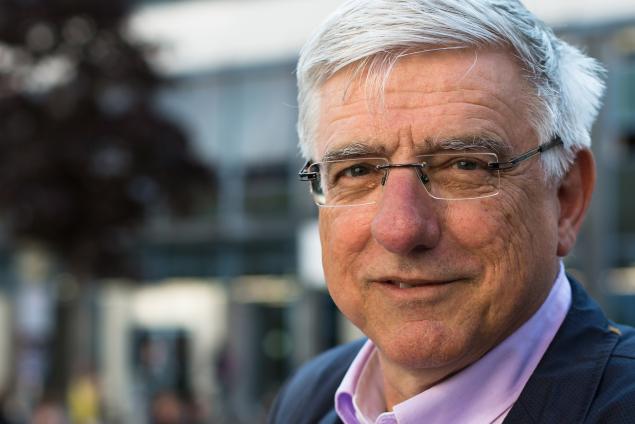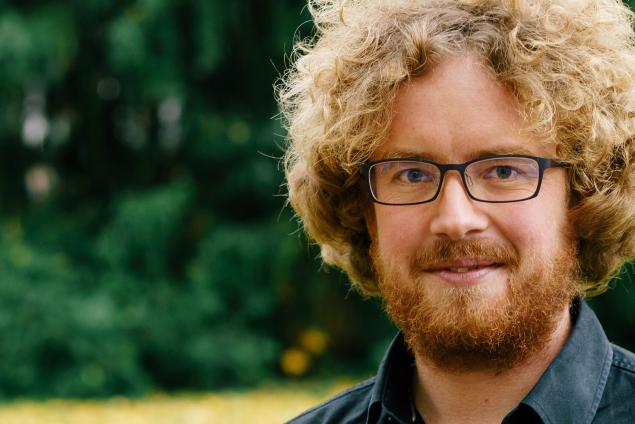Scroll to Section:
Though we are familiar with the phenomenon whereby a sudden drop in temperature precedes a thunderstorm, scientific understanding of these “cold pools” has been limited. In this video, FELIX AMENT analyzes the extensive insights that the FESSTVaL (Field Experiment on Sub-mesoscale Spatio-temporal Variability in Lindenberg) campaigns have provided into cold pools. Forming a broad observation network which involved commercial weather stations as well as citizen scientists, FESSTVAL was able to provide new data on the spatial and temporal characteristics of cold pools at surface level as well as on the vertical plane. Besides its potential relevance to the accuracy of severe weather warnings, the research is also important for climate scientists. Looking forward, the project will seek to extend its remit beyond central Europe to other regions in which the behavior of cold pools may exhibit significant differences.
DOI:
https://doi.org/10.21036/LTPUB101065
Institution
University of Hamburg (Universität Hamburg)
Universität Hamburg is the largest institution for research and education in the north of Germany. As one of the country's largest universities, we offer a diverse course spectrum and excellent research opportunities. The University boasts numerous interdisciplinary projects in a broad range of subjects and an extensive partner network with leading institutions on a regional, national and international scale. Universität Hamburg offers approximately 170 degree programs in the following eight faculties: Faculty of Law; Faculty of Business, Economics and Social Sciences; Faculty of Medicine; Faculty of Education; Faculty of Humanities; Faculty of Mathematics, Informatics and Natural Sciences; Faculty of Psychology and Human Movement; Faculty of Business Administration (Hamburg Business School). The University was founded in 1919 by local citizens. Important founding figures include Senator Werner von Melle and the merchant Edmund Siemers. (Source: University of Hamburg)
Show more
Original publication
Forschung zu Cold Pools - Teil der FESSTVaL Kampagne
Published in 2022Beyond
A Ground-breaking Scientific Revolution
An Alarming Challenge for Society
If I Had a Second Life



